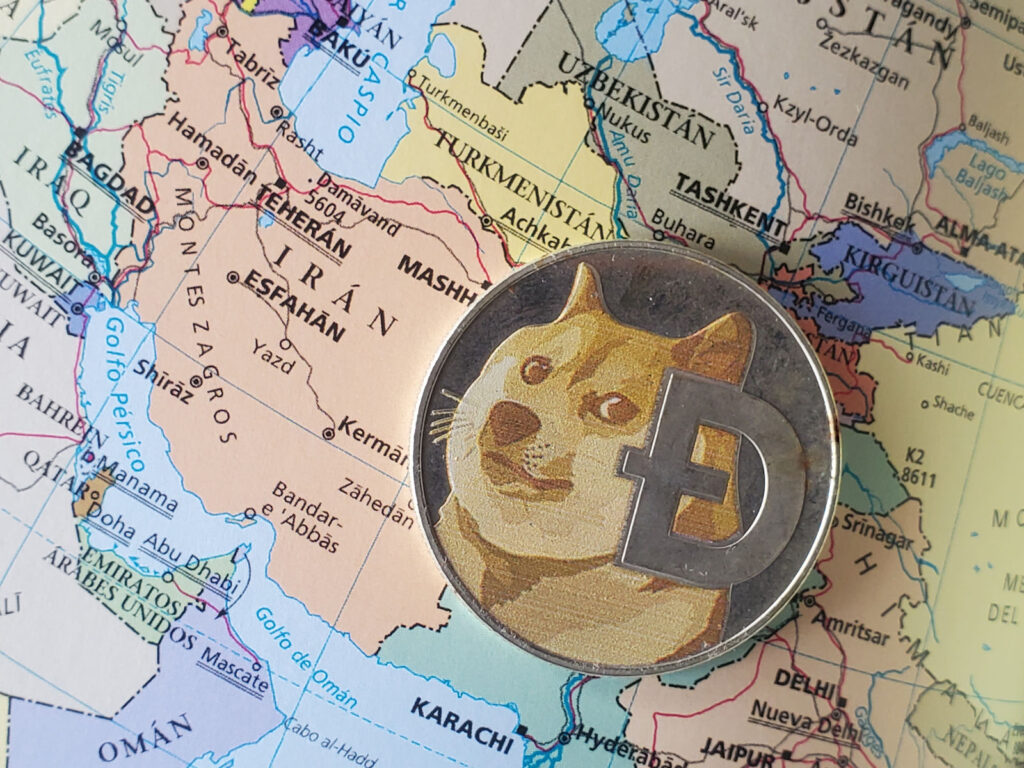
According to recent reports, the Central Bank of Iran is collaborating with the Russian government to launch a new cryptocurrency transaction system, to be backed by gold.
The Russian news site Vedomosti reported that Iran is collaborating with Russia to develop a “token of the Persian Gulf area” that would be used as a payment mechanism in international trade.
Russia and Iran Have a Unified Stablecoin Coming
That token will be released in the form of a stablecoin and will aspire to replace the fiat currencies from both countries, as well as the US dollar. The proposed cryptocurrency is expected to function in the AStrakhan economic zone, where Russia and Iran trade cargo exports.
Russian politician Anton Tkachev, a member of the Committee on Information Policy, Information Technology, and Communications, emphasized that a unified stablecoin initiative would be viable only once Russia’s digital asset market was completely regulated.
After many delays, Russia’s lower house of parliament has committed to begin regulating cryptocurrency transactions in 2023.
Moscow and Tehran intend to utilize the new stablecoin to streamline payments for bilateral commerce, therefore replacing old currencies.
The fact that Iran and Russia are both subject to US sanctions makes international transactions, which are usually made in dollars, harder. The country of Iran has been on the receiving end of sanctions due to its expanse in nuclear technology, while Russia is under fire for the most recent invasion of Ukraine.
How Stablecoins Can Replace International Transactions
Stablecoins are a type of cryptocurrency that is pegged to the value of a fiat currency, commodity, or other asset. They offer a number of advantages over traditional fiat currencies in international trade, including increased speed and efficiency, lower transaction costs, and greater security.
Overall, this type of crypto has the ability to replace fiat currency in international trades between countries by offering faster and more efficient transactions, lower transaction costs, and increased security.
The decentralized nature of digital currencies allows for instant transfer and settlement, bypassing traditional intermediaries and their associated fees.
Additionally, the use of blockchain technology in stablecoins makes them highly secure and resistant to hacking and fraud. The adoption of stablecoins in international trade can lead to a more efficient and cost-effective global economy.






